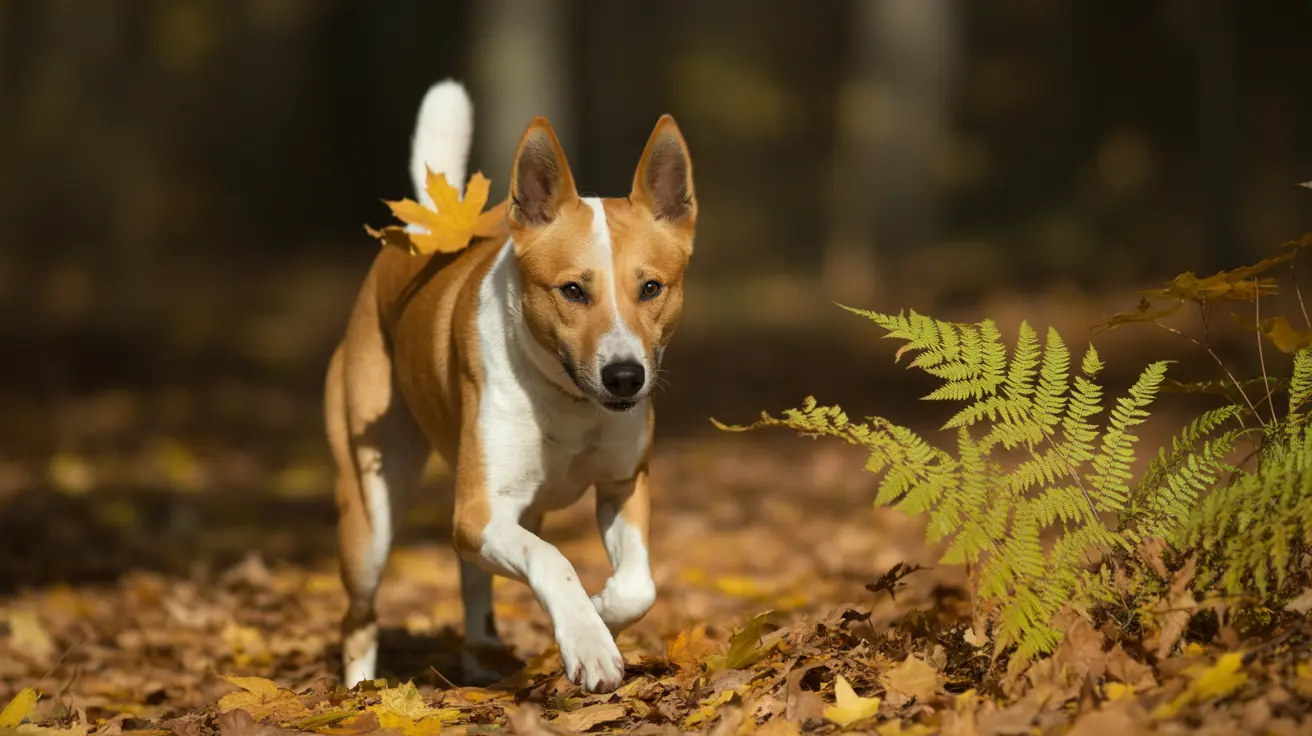The Carolina Dog, often called the American Dingo, represents one of North America's most fascinating native breeds. These remarkable dogs have survived in the wild for thousands of years, maintaining their primitive characteristics and natural instincts. Today, we'll explore everything you need to know about this unique breed, from their ancient origins to their modern-day care requirements.
The Ancient Origins of Carolina Dogs
Dating back approximately 14,000 years, Carolina Dogs are believed to have crossed the Bering land bridge with early human settlers. These resilient canines managed to maintain their pure genetic makeup by surviving in isolated areas of the American Southeast, particularly in remote swamps and pine forests where human contact was minimal.
Their discovery by Dr. I. Lehr Brisbin Jr. in the 1970s marked a turning point for the breed, leading to their recognition by the United Kennel Club and later inclusion in the AKC's Foundation Stock Service. This recognition helped preserve and document this living piece of American canine history.
Physical Characteristics and Appearance
Carolina Dogs possess a distinctive wild appearance that reflects their primitive origins. They typically feature:
- Medium-sized, athletic build
- Pointed, erect ears
- Ginger-colored coat (though other colors exist)
- Fish-hook tail when excited
- Athletic, lean body structure
- Distinctive almond-shaped eyes
Temperament and Personality Traits
These dogs exhibit a fascinating blend of wild instincts and domestic loyalty. Their pack-oriented nature makes them exceptionally devoted to their human families, while their primitive heritage influences their behavior in unique ways:
- Strong pack mentality and family loyalty
- Natural watchdog capabilities
- Independent thinking and problem-solving skills
- Reserved nature with strangers
- Deep bonds with their chosen family members
Living with a Carolina Dog
Owning a Carolina Dog requires understanding their specific needs and natural tendencies. These dogs thrive in environments that allow them to express their natural behaviors while maintaining proper training and socialization:
- Regular exercise and outdoor activities
- Secure fencing due to wandering instincts
- Consistent training with positive reinforcement
- Mental stimulation through games and activities
- Proper socialization from an early age
Frequently Asked Questions
What is the origin of the Carolina Dog breed, and how did it end up in the United States?
Carolina Dogs arrived in North America roughly 14,000 years ago, crossing the Bering land bridge with early human settlers. They survived as free-roaming dogs in the southeastern United States, particularly in isolated areas where they maintained their primitive characteristics.
How do I care for a Carolina Dog's physical needs, such as exercise and grooming?
Carolina Dogs require daily exercise, including long walks or runs, and opportunities for exploration. Their grooming needs are moderate, with regular brushing needed to maintain their coat. They naturally clean themselves, similar to cats.
Are Carolina Dogs suitable for families with children, and how do they interact with kids?
When properly socialized, Carolina Dogs can be excellent family companions. They're typically gentle with children they consider part of their 'pack' but should always be supervised during interactions, especially with young kids.
Why do Carolina Dogs have a high prey drive, and how can I manage this when walking them?
Their high prey drive stems from their primitive hunting instincts. Always use a secure leash during walks, maintain consistent training, and avoid off-leash activities in unsecured areas.
Can Carolina Dogs live with other pets, like cats, or are they better suited as solo companions?
While early socialization can help, Carolina Dogs often have strong prey drives that may make them unsuitable for homes with small pets. Each dog is individual, but careful introduction and supervision are essential if attempting to integrate them with other pets.
Conclusion
The Carolina Dog represents a unique piece of American canine heritage, combining primitive instincts with devoted companionship. While they may not be the ideal pet for every household, their intelligence, loyalty, and fascinating history make them remarkable companions for the right owners who can appreciate and accommodate their distinctive needs and natural behaviors.






